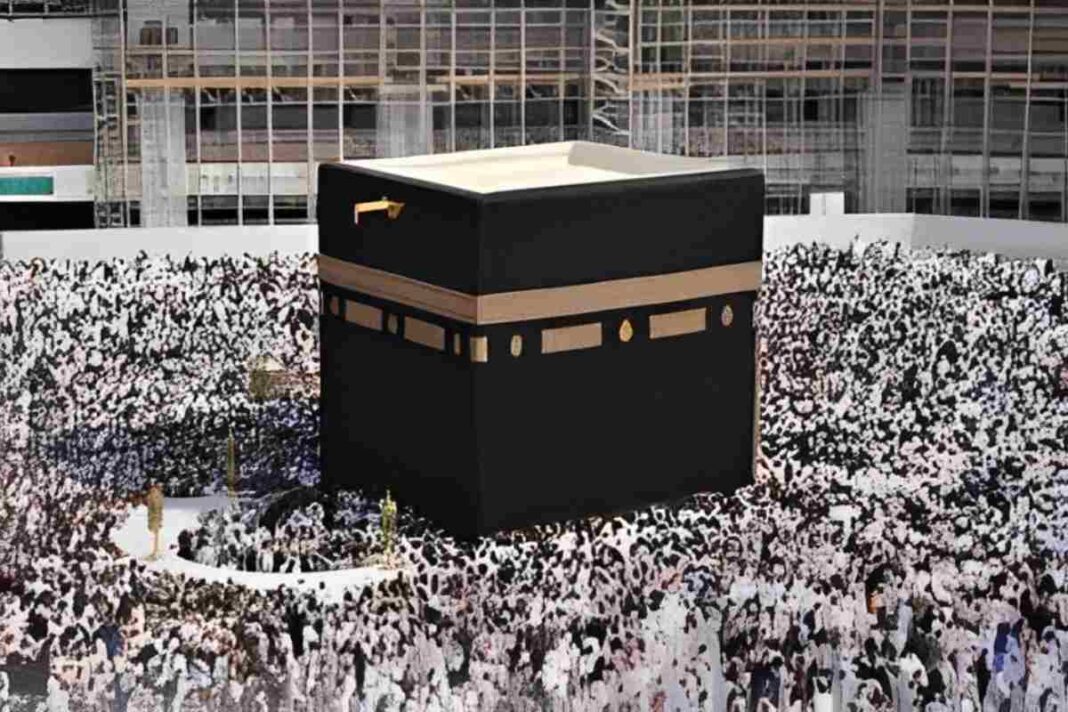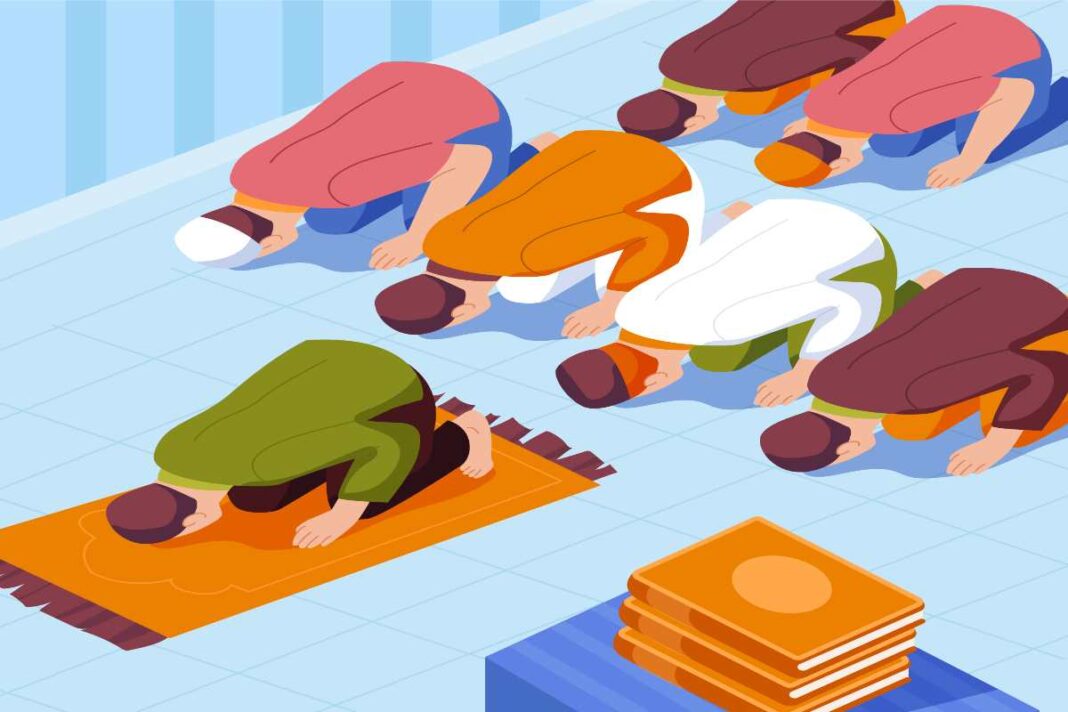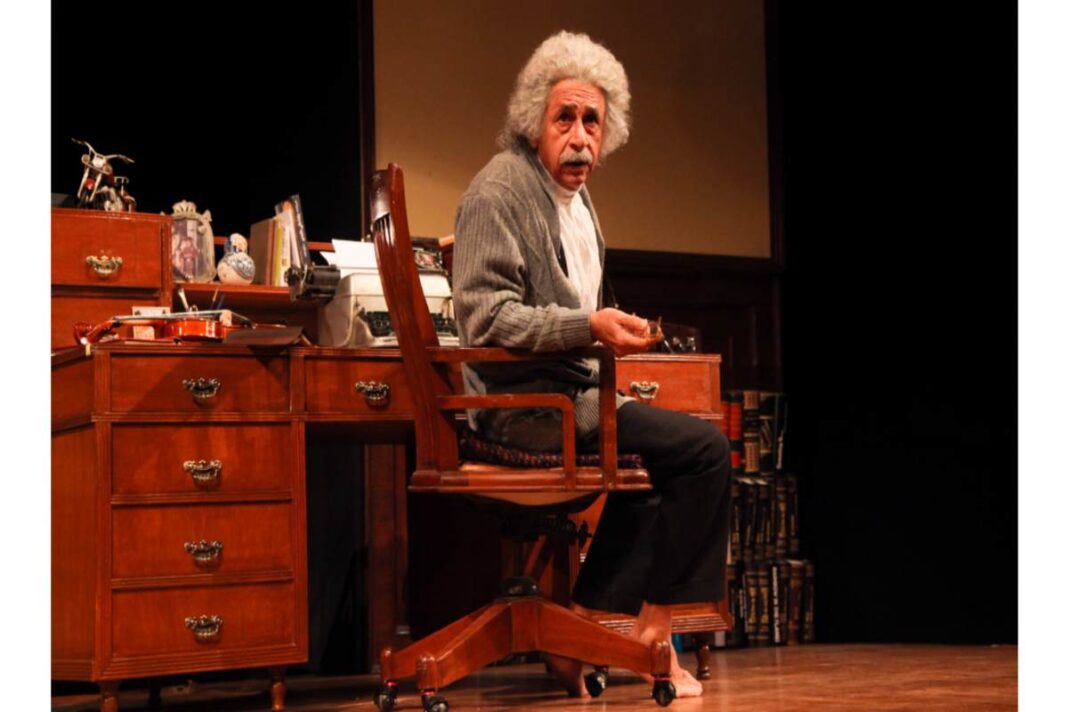Prophet Muhammad was born into the respected Quraysh tribe in Mecca. His lineage traces back to the Hashimite clan. His father, Abdullah, died before he was born, and his mother, Amina, passed away when he was just six years old. Orphaned early, he was raised by his grandfather, Abdul-Muttalib, and later by his uncle, Abu Talib. Growing up in a trading family, Muhammad learned important skills like leadership and negotiation, earning the nickname “Al-Amin,” meaning “the trustworthy.”
The Beginning of Prophethood
Muhammad received his first revelation in the Cave of Hira during Ramadan. The Angel Gabriel visited him and commanded him to “Recite.” Although he was unlettered, Gabriel repeated the command three times, leading to the first verses of the Qur’an being revealed. This moment marked the start of his mission as a prophet, where he preached the equality of all humans, the rights of women, and the importance of justice.
Teachings and Interactions
Prophet Muhammad’s teachings focused on creating a just society. He emphasized that all people are equal, regardless of race or social status. He improved the status of women by granting them rights in inheritance and education. He also introduced Zakat, a form of charity to help the poor, and encouraged the humane treatment of slaves.
His interactions with non-Muslims were marked by compassion and respect. He established treaties, like the Charter of Medina, promoting cooperation among different communities. During the Conquest of Mecca, he forgave his former enemies, showing mercy. Muhammad allowed religious freedom and engaged in trade with non-Muslims, demonstrating that peaceful coexistence is possible despite differences. His life serves as a guide for Muslims to lead a balanced and righteous life.
For detailed story, please visit: Awaz the voice
You can connect with DNN24 on Facebook, Twitter, and Instagram and subscribe to our YouTube channel.



